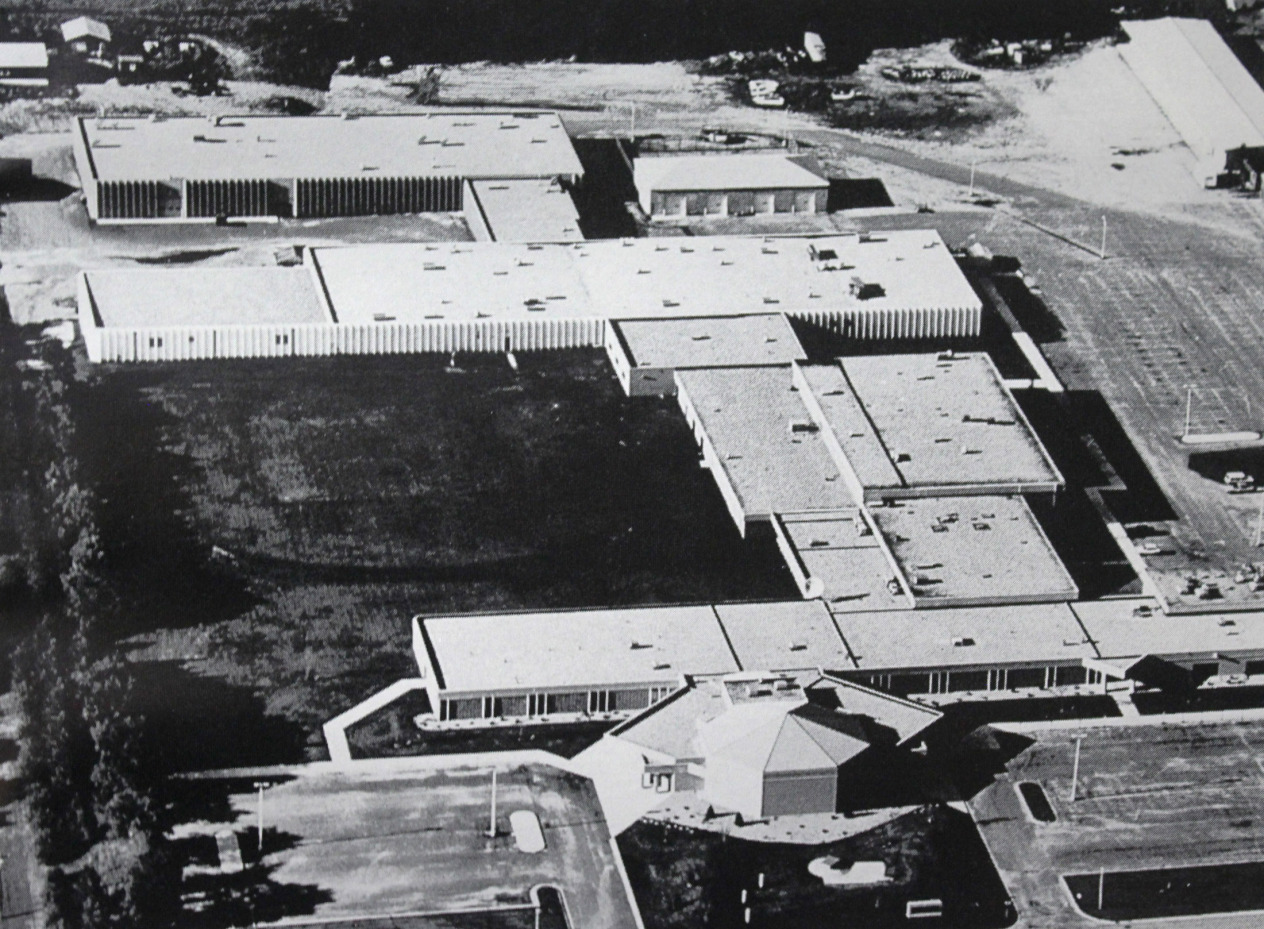Title
GLST1100 - Introduction to Global Studies
Description
Description
Meets MnTC Goal Areas 6 and 8. This course will consider political, economic, cultural, environmental and social issues influencing Africa, the Americas, Asia, Europe and Oceania and the relationship among these regions. Students will explore the institutions that impact these relationships. Students also will consider how world views are altered when one's point of view shifts from national and regional perspectives to a global perspective. The course also examines the impact of world affairs on our understanding of human relationships, lifestyles and our political and personal philosophies.
API ID
Credits
3 (3/0/0)
Competencies
- Identify key institutions that facilitate social, cultural, economic and environmental affairs.
- Categorize political systems by region, nation and historical context.
- Consider political reciprocal action among various political systems from a global point of view.
- Explain the social, economic and cultural impact of migration.
- Identify philosophical and religious world views commonplace in the various regions of the world.
- Identify major world events that have shaped changes in the power dynamics among nations and regions.
- Identify similarities and differences among works in the humanities, such as art, literature and film, that have been important in establishing regional and national identities.
- Describe how issues such as public health, gender equality, hunger and modernization impact the relationships among regions and nations.
- Identify current regional and national circumstances that have been established by policies of expansion such as colonialism and war.
- Identify current regional and national circumstances that are influenced by trade policies and international commerce.
Goal Areas
6. The Humanities and Fine Arts
8. Global Perspective
Degrees that use this course
Degrees that use this course
Degree:
Certificate
Location:
Moorhead Campus
Credits:
12
